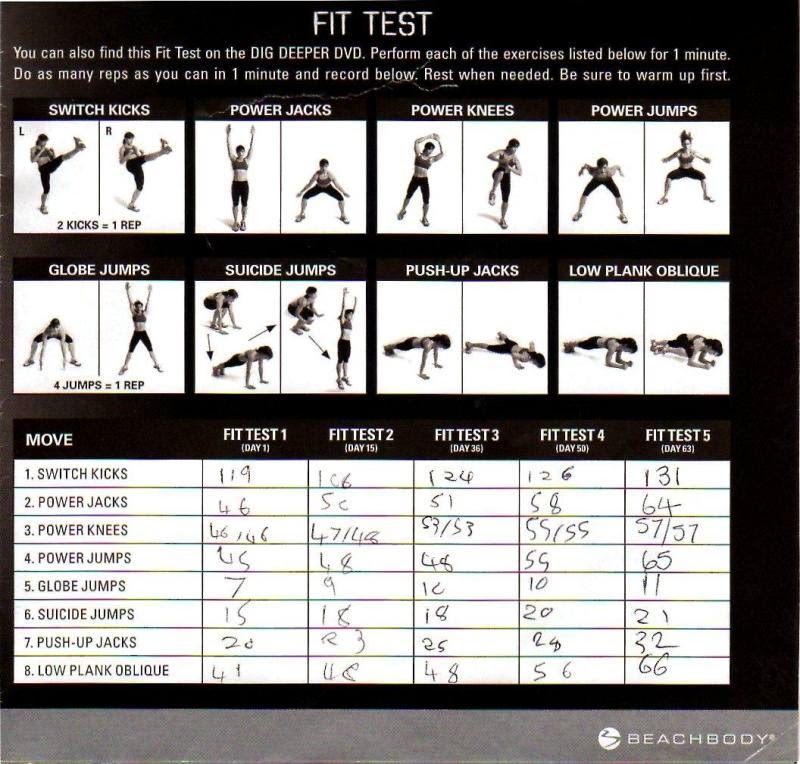I am recently coming off of an exercise hiatus, and thought this would be the perfect opportunity to give some pointers for how to do the same. I think these tips work well for both beginners and more experienced exercise enthusiasts who have simply taken a break from working out.
Note - these are just things that I personally recommend. I'm not a physical trainer or nutritionist, I don't have a medical degree or specialty in exercise medicine. I just love to work out and want to share the knowledge and tips I've picked up along the way!
1. Establish a Routine
You know how every morning when you wake up, you do the same thing, and in the same order? Or when you're in the shower, there's always a particular order you do things (unless of course that's just me...) We all crave routine, and the same applies for our workouts. There are a few things that can help in establishing a routine.
Pick a day/time that works for you
Set aside enough time to have an efficient workout
Now that you've picked what time of day you want to workout, make sure you allow enough time for a full workout. No matter how efficient you are, it's unlikely you'll be able to get anything accomplished in less than 30 minutes of gym time. A lot of my workouts are 45 minutes minimum, and usually more than an hour. That is gym time alone, and does not include transportation to and from the gym, or my post-gym shower.
2. PLAN PLAN PLAN
I can't emphasize enough how helpful it is to plan ahead. Part of that is set above, with making your routine. Besides that, I think it is very helpful to come up with some type of plan for each week. This doesn't have to be extremely specific, and this plan may apply to most of your weeks, which will mean minimal adjustments or planning beyond week 1. Here are some things that I think you should think about.
Type of workout
Have a goal in mind
Similar to above, your workout should depend on what you are trying to accomplish. Are you training for a marathon? Are you trying to lose some weight and get in better shape? Are you trying to tone or develop a certain area of your body? All of these goals (as well as any other goal) would have a different set of workouts that would best achieve your goal. It also helps when you have a time frame for when you want to accomplish this goal. There are so many guides available online that can help develop a workout plan. Here on this blog, I have training plans for an 8k (5 miler) and 10 miler, as well as workouts for general strength and fitness.
Pre- and post-workout eating
On days when you will be working out, you want to make sure you are properly fueled. It is really helpful to have some snacks on hand that have a combination of carbohydrates and protein, to both keep you fuel, and give you energy for your workout. Depending on the type of workout you want to do, you might have to plan how far in advance you want to eat your snack. When I'm going on a run, I try to limit my eating to at least 2 hours before the run, with the exception of energy chews and small snacks. If I'm doing a strength workout, I'm much less limited, but I will still avoid having a large snack too close to the workout. If you plan on working out for an hour or longer, you might want to think about energy chews - I'm a huge fan of GU Chomps. Equally important is what you eat after your workout. You don't want to wait too long before eating, both for your recovery, and for your metabolism. If you won't have your next meal for a while, pack a snack that's high in protein.
Pack your gym bag in advance
I can't count how many times I haven't made it to the gym, since I was too rushed in the morning to pack up my gym bag. Some days, I just came home and did a workout there, but most of the time I used that as an excuse to not work out. If you set out your clothes the night before, not only are you ready to walk out the door as soon as you do the rest of your morning routine, but it's also a visual reminder that you plan on working out that day. Then, once you have your gym bag with you, it's another reminder that you plan on working out.
3. STICK TO YOUR PLAN
All the planning in the world won't help you if you don't actually enforce your plan.
Adjust your plan instead of ignoring it
I know that everyone can get busy, and some weeks might be busier than others. This is why it is important to think about your plan each week. It is less likely that something will come up at the last minute - you usually know in advance if there is a day you will have to work late, or if you have an appointment you can't miss. That's when you can get creative, by switching Wednesday's workout to Tuesday, or deciding which workouts you really could live without that week. Make working out a priority, instead of something you do if you happen to have extra time. You won't ever have extra time if you put it at the bottom of your list. This also applies to the type of workout you are doing. Everyone is different, so what works for your friend might not work for you. Even if your co-worker loves and raves about a certain style of workout, doesn't mean you will enjoy it as well. There may be a trial period where you have to switch up what you're doing until you find what you like.
Don't fall off the band wagon
Even with a plan, things happen, and workouts get skipped. This is okay. The problem is when you let that become the norm. The same thing goes for trying to maintain a healthy diet and lifestyle - you don't (or at least shouldn't) completely stop trying just because you had one bad day.
Don't get in a workout "rut"
Even though you have this plan, don't get too caught up in following things to the letter. A little bit of variation will keep you from being bored, and is also great for your body. If your body doesn't know what to expect each day/week, then your workout will be more effective. If there is a new class offered at the gym that sounds interesting - give it a try! You might not love it, but trying something new is always fun. I did the same kind of workouts every week for over a year, and while I was in that routine, it worked for me. However, once I took that hiatus, coming back to the same thing didn't sound like fun. It wasn't until I switched up my workouts, that I wanted to start up again, and actually started to look forward to the gym each week.
4. Take care of yourself
You won't be able to continue working out if you don't take proper care of yourself!
Eat/Sleep/Drink
Unless you are working out to lose weight, adjust how much you're eating if you increase your workouts. Even if you are trying to lose weight, make sure you eat enough calories to fuel your workouts. Make sure you drink plenty of water during the day, not just when you're working out. Aim to get a minimum of 7 hours of sleep each night. It's so much harder going into a workout when you're already exhausted!
Start out slow
I love feeling a little sore the day or two after a workout, since that means I know I worked hard and my muscles are repairing themselves. What I don't love, is waking up so stiff I can barely move, and this is usually the biggest problem for newbies. When you don't have any sore muscles going into your first few workouts, you think you can do a lot more. The next day is a rude awakening, when you realize that muscles you didn't even know you had are aching. Even if you were previously able to do a hard workout, that doesn't mean you should jump right back into it after time off. Sure, maybe you ran a half marathon 6 months ago, but if you've only run 3 times since then, you probably shouldn't plan a 10 mile run until you've started with some shorter runs first.
Keep track of your progress
You're working out, and that's awesome! But knowing that you're doing something good for your body is sometimes hard to believe if you can't see actual results. Physical changes to your body (weight loss, inches lost/gained) will be small and slow at first. A great way to see some changes is to track your workouts. If you're training for a race, keep track of your distance and times, and you'll be able to see changes in your speed and endurance. If you're lifting weights, keep track of how heavy the weights are, and how many reps you can perform with that weight. If you're doing HIIT, keep track of how many reps you do in a specific amount of time. There are so many ways you can track your progress, and progress is a huge motivator.
Reward yourself
Hopefully these tips can help you learn to love exercise, and will help you figure out how to fit exercise into your life, and keep it there!
If you enjoyed these tips, let me know! And let me know about any other workout-related topics you would like to hear more about. I'm planning on doing a series about building the perfect workout next, so stay tuned!












.jpeg)

.jpeg)


.jpeg)
This comment has been removed by a blog administrator.
ReplyDelete